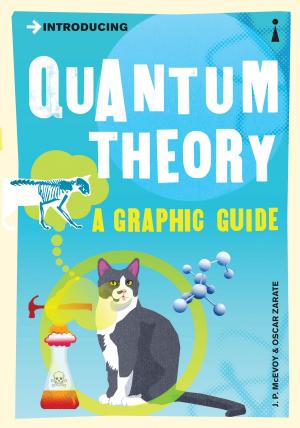| Author: | John Skull | ISBN: | 9781476294063 |
| Publisher: | John Skull | Publication: | May 13, 2012 |
| Imprint: | Smashwords Edition | Language: | English |
| Author: | John Skull |
| ISBN: | 9781476294063 |
| Publisher: | John Skull |
| Publication: | May 13, 2012 |
| Imprint: | Smashwords Edition |
| Language: | English |
This book is one of the six books in our Literacy series.
It offers groundwork material on the vast and complex subject of plastics.
Plastics have impacted substantially on all our lives during the past hundred years or so. For instance, they have developed into the third-largest manufactory industry in the U.S.A. There would be few, if any , homes and businesses that do not use plastics.
The outputs produced from polymers have so many admirable qualities. They are relatively easy to process and mass-produce, often using a range of molding machines that have been invented and developed since the nineteenth century. The products manufactured usually cost relatively little and are strong, light, (making them inexpensive to transport), heat-resistant, flexible, usually smooth-surfaced and attractive and can be used as parts of electrical insulation.
But plastics are not perfect. Often additives are worked into them to give them color, texture, flexibility or hardness. The added chemicals can be toxic (e.g. bisphenol, B.P.A) and potentially dangerous, as all plastics are porous and any toxic chemicals in them can leach out into containers holding food.
Plastics have created the problem of how to cope with the vast amount of plastics waste (e.g. plastic bags) that is dumped on land and sea - which is frequently lethal to wildlife.
However, it is the sheer volume of plastics produced (millions of tons each year throughout the world) that is the main problem. Some waste is buried, some incinerated but most ends up in eye-sore mountains of landfill.
It is heartening to know that research is being undertaken in universities to find answers to the problems of plastic waste, .such as the recycling of plastic products, producing ‘harmable plastics’, converting plastics back to oil and producing plastics with electrical conductivity,etc.
The book emphasises the language used in plastics to express concepts and processes.
Become plastics literate and truly understand a significant characteristic of our contemporary world.
This book is one of the six books in our Literacy series.
It offers groundwork material on the vast and complex subject of plastics.
Plastics have impacted substantially on all our lives during the past hundred years or so. For instance, they have developed into the third-largest manufactory industry in the U.S.A. There would be few, if any , homes and businesses that do not use plastics.
The outputs produced from polymers have so many admirable qualities. They are relatively easy to process and mass-produce, often using a range of molding machines that have been invented and developed since the nineteenth century. The products manufactured usually cost relatively little and are strong, light, (making them inexpensive to transport), heat-resistant, flexible, usually smooth-surfaced and attractive and can be used as parts of electrical insulation.
But plastics are not perfect. Often additives are worked into them to give them color, texture, flexibility or hardness. The added chemicals can be toxic (e.g. bisphenol, B.P.A) and potentially dangerous, as all plastics are porous and any toxic chemicals in them can leach out into containers holding food.
Plastics have created the problem of how to cope with the vast amount of plastics waste (e.g. plastic bags) that is dumped on land and sea - which is frequently lethal to wildlife.
However, it is the sheer volume of plastics produced (millions of tons each year throughout the world) that is the main problem. Some waste is buried, some incinerated but most ends up in eye-sore mountains of landfill.
It is heartening to know that research is being undertaken in universities to find answers to the problems of plastic waste, .such as the recycling of plastic products, producing ‘harmable plastics’, converting plastics back to oil and producing plastics with electrical conductivity,etc.
The book emphasises the language used in plastics to express concepts and processes.
Become plastics literate and truly understand a significant characteristic of our contemporary world.















